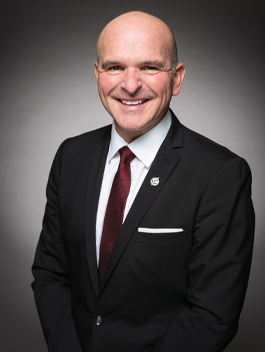It’s easy to be cynical to look at the province of Alberta’s “pledge” of $110 million for Edmonton’s bid to host World Cup games in 2026 as an ultimatum.
When it was announced two weeks ago, the province’s promise to come up with the funds to support Edmonton’s bid was laden with conditions. And maybe the most contentious was the assertion that Edmonton must get five games, and two of them have to be knockout-stage matches.
According to the bid book that the Canada-Mexico-United States group used to win the right to co-host the 2026 World Cup, three Canadian cities are slated to only get 10 games between them. Currently, though, only Edmonton and Toronto are surviving bid cities. So five and five make 10, and it makes sense.
But, Vancouver has been reported to be trying to get back into the mix, after the British Columbia government pulled the city out of the bidding process in 2018. The City of Vancouver has put in $5 million towards getting back into the mix, but that’s the political equivalent of paying a lawyer a dollar as a retainer. You know the big bill is coming, later.
If three cities go forward, the math doesn’t work for Edmonton to get five games. And, from my sources: FIFA will not entertain having only one host city in a country. If Toronto was left on its own, Canada would be out.
When Alberta’s five-game condition was announced, I heard many gasps of surprise in the soccer world. FIFA, the sport’s governing body, is not used to being given ultimatums.
“I think that I take it a different way,” says Edmonton city councillor Tim Cartmell, who has been a vocal proponent of bringing the World Cup to the city. “The event has to have a tangible benefit, it has to meet our shared goals.”
His thinking is such: That at least some of the games Edmonton hosts must have some marquee value, so the city and province can spread the gospel about trade and tourism to the world. If Edmonton, the feds and the province were to spend hundreds of millions to bring the World Cup here, and Commonwealth ended up with games like Saudi Arabia vs. Costa Rica — rather than having top-seeded teams or a Canada home game — would that represent bang for the taxpayers’ bucks? Even the most adamant soccer fan in this country would answer… probably not.
